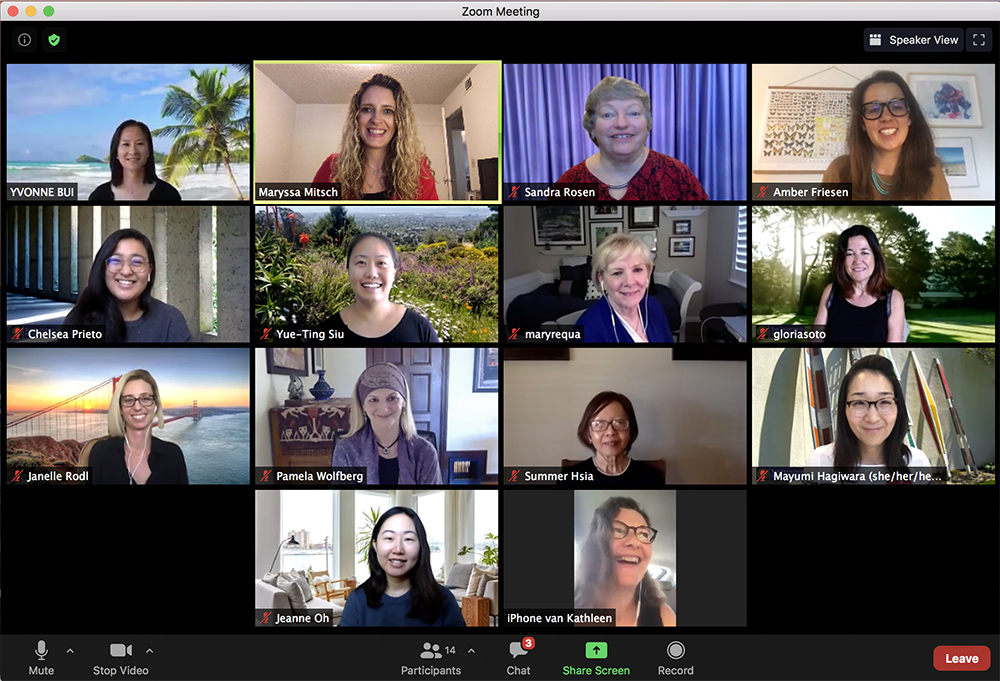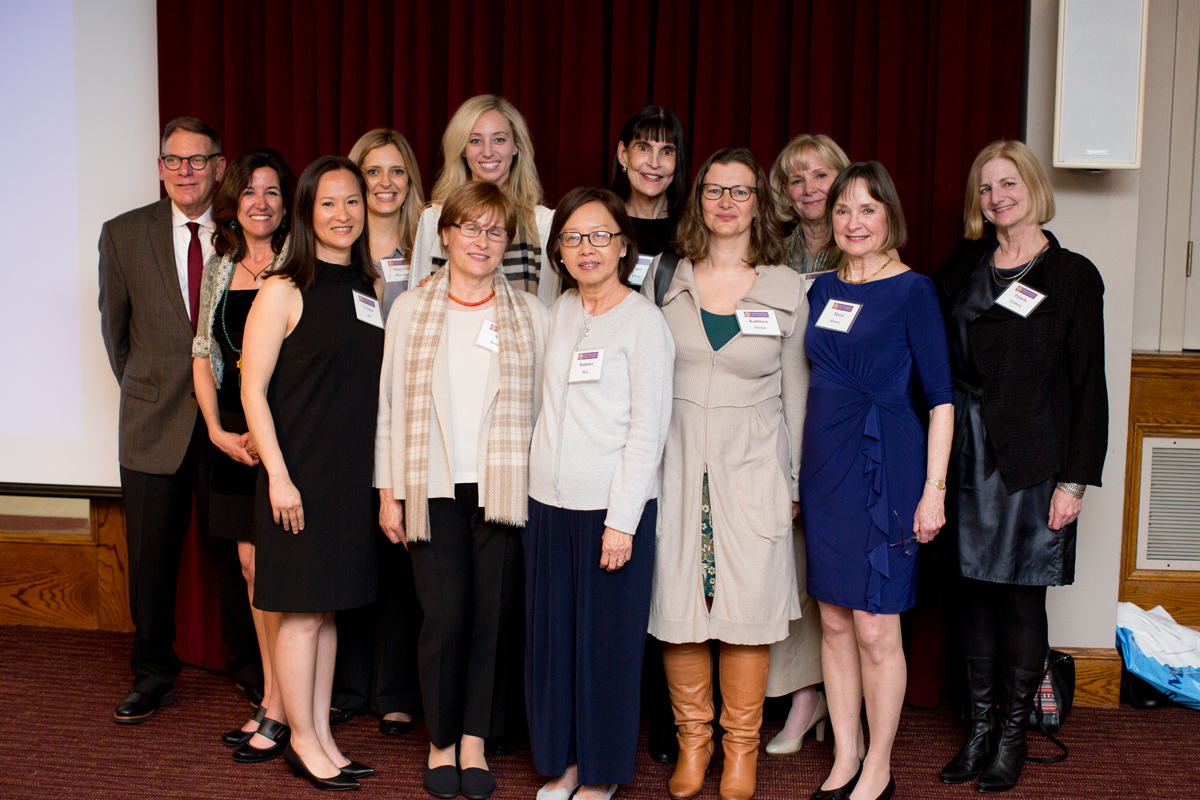Mission and Guiding Values
Purpose
We lead through research, teaching, and service that promote inclusion, belonging, and equity for disabled individuals* in schools, communities, and society. Our goal is to prepare future educators and service providers who advocate for access, respect, and meaningful participation for all.

Guiding Values
Our work is guided by a shared belief in:
- Belonging and Dignity: Every person has the right to be valued and included as a full member of their community, honoring the richness of their intersecting identities.
- Equity and Justice: We actively confront bias and address the historical and systemic inequities that shape education and service systems.
- Individual Strengths: We begin from a place of assets—recognizing that support must be individualized, culturally sustaining, and grounded in collaboration with families and communities.
- Inclusive Practice: We prepare educators and service providers with the knowledge, skills, and mindset to create accessible, high-quality learning and participation for all people across the lifespan.
*We use both identity-first and person-first language interchangeably, honoring each individual’s or family’s preference.

History
The Department of Special Education was established in 1948 as the first such academic unit in the state of California. Dr. Leo Cain, the first department chair, played a lead role developing federal policy for Special Education as a member of the President's Committee. With Dr. Cain, five faculty members led the development of a variety of program areas: Leon Lassers, Jerry Rothstein, Priscilla Pittinger, Mable Whitehead, and Florence Henderson.
Through the decades, the Department provided leadership in the field with prominent faculty members in the areas of Inclusive Education, Visual Impairments, Early Childhood Special Education, Autism Spectrum Disorders, Transition To Work, Sign Language Assessment, Deafness, and Augmentative and Alternative Communication.
In 1967, San Francisco State College began the Joint Doctoral Program (Ph.D) in Special Education with the University of California, Berkeley. The Joint PhD Program was the first such program approved in the state of California by the Joint Graduate Board and is now in its fifth decade. The program provides the opportunity for faculty members to mentor doctoral students in research, program model development, and train future university academicians.
Now in its seventh decade, the Department of Special Education continues our commitment to professional preparation, research, and scholarship. Professional training is informed and enhanced by faculty who are leading researchers in their areas of specialization with a long history of successful funding through internal and external grants and contracts.
GCOE Statement of Purpose
The GCOE develops transformative and visionary educators, clinicians, and leaders for social justice, to effect change for good across the Bay Area and beyond, and to create an engaged, and productive democracy. Together we do the work necessary to understand and welcome all; to prepare equity-focused, caring, and highly skilled professionals; to identify and dismantle racist, ableist, and oppressive systems; and to build an equitable and accessible present and future.
Read full statement here.